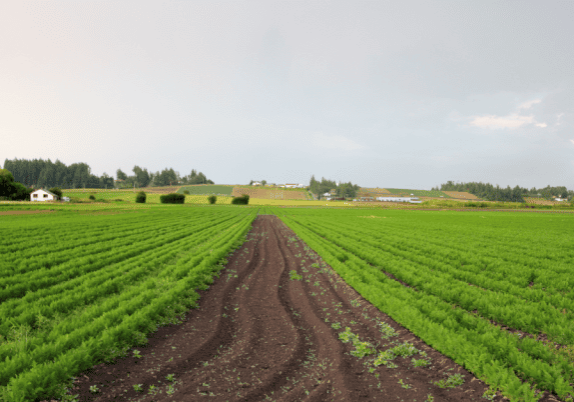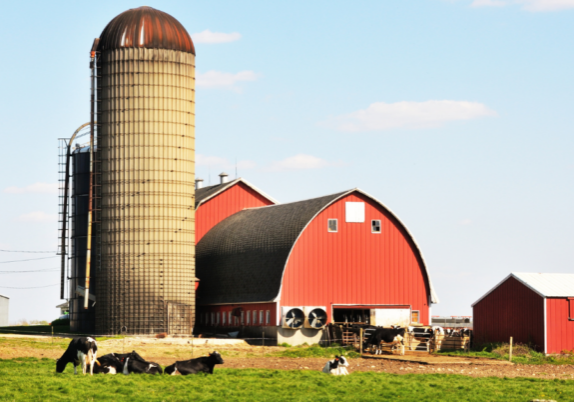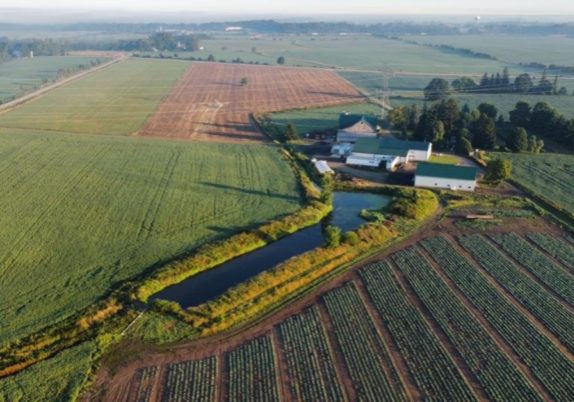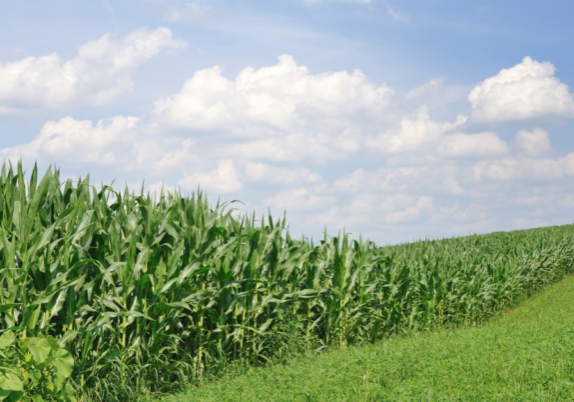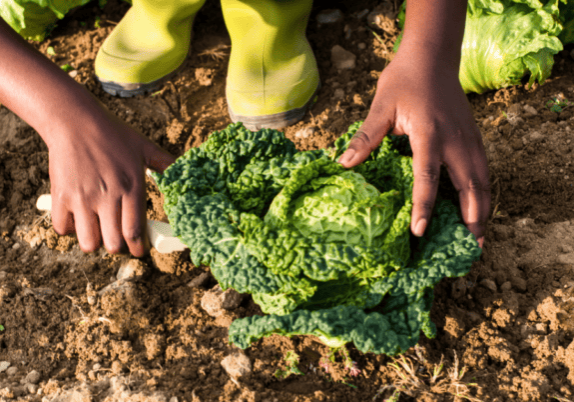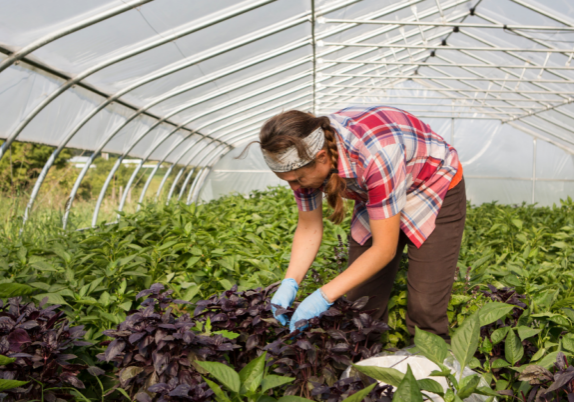Submission re Federal, Provincial and Territorial Ministers of Agriculture Meeting

July 5 2019
Canada’s Food Policy
Concerns
– Focus on developing domestic markets and localized distribution systems with direct, fair, and transparent distribution chains;
– Provide incentives and support for land stewardship practices which build soil carbon and on-farm biodiversity that maintain the land’s productivity for the long term;
– Curtail farmland transfer to investment companies and/or non-agricultural uses;
– Realign Farm Credit Canada’s mandate in order to support food sovereignty and offer financing to a wider diversity of farms;
– Support the next generation of food producers, whether from a farm or non-farm background;
– Maintain appropriately-scaled processing capacity in place across the country to serve producers and consumers via local and regional markets; and
– Adequately fund these initiatives.
Trade issues
Concerns
– Canadian farmers have been pushed to focus on exports, particularly to supply China, but that has left them vulnerable to political conflicts.
– The US subsidy on pork and soy is harming Ontario farmers.
– Producers in Ontario must have a match in farm support programs or Ontario producers will be left at a competitive disadvantage since soybean crushers at Windsor and Hamilton will purchase at the lowest price.
– The provincial and federal governments should either match US subsidies or place import duties on US soybeans and pork.
– USCMA Chapter 26 hampers Canada’s economic sovereignty, making us extremely vulnerable to any punitive tariffs that might be used to “make America great again” which could be imposed due to the USA’s national security exemptions from the deal.
– These issues highlight the necessity of developing a domestic market as noted above and safeguarding farmer power in commodity markets by keeping supply management and farmer-controlled marketing boards intact.
BRM
Concerns
– As the climate crisis worsens, farmers are vulnerable to the ever-increasing chaotic weather.
– Current programs are not robust enough to protect farmers from the extreme weather.
– Farmers who use AgriInsurance will never qualify for AgriStability unless they are unable to plant anything.
– Farmers are concerned about whether there are enough funds in crop insurance to pay out the claims for this year.
– The decreased yields from this year will affect farmers over the next several years.
– Creating a fully-funded AgriResilience BRM program would increase farm diversity through extended crop rotations, planned grazing of livestock, reduced inputs, soil-building, wetland conservation, and on-farm processing. Its climate adaptation benefits will stabilize farm incomes and reduce insurance payouts.
– In relation to the trade issues above, the federal government needs to create new Business Risk Management programs that support diversified farms producing food for Canadians, replacing imports in ecologically sustainable ways.
The stress of the trade issues mentioned above as well as the weather extremes are impacting farmers’ mental health in negative ways, which is why it is imperative to build and support domestic markets and localized distribution systems with direct, fair, and transparent distribution chains.
